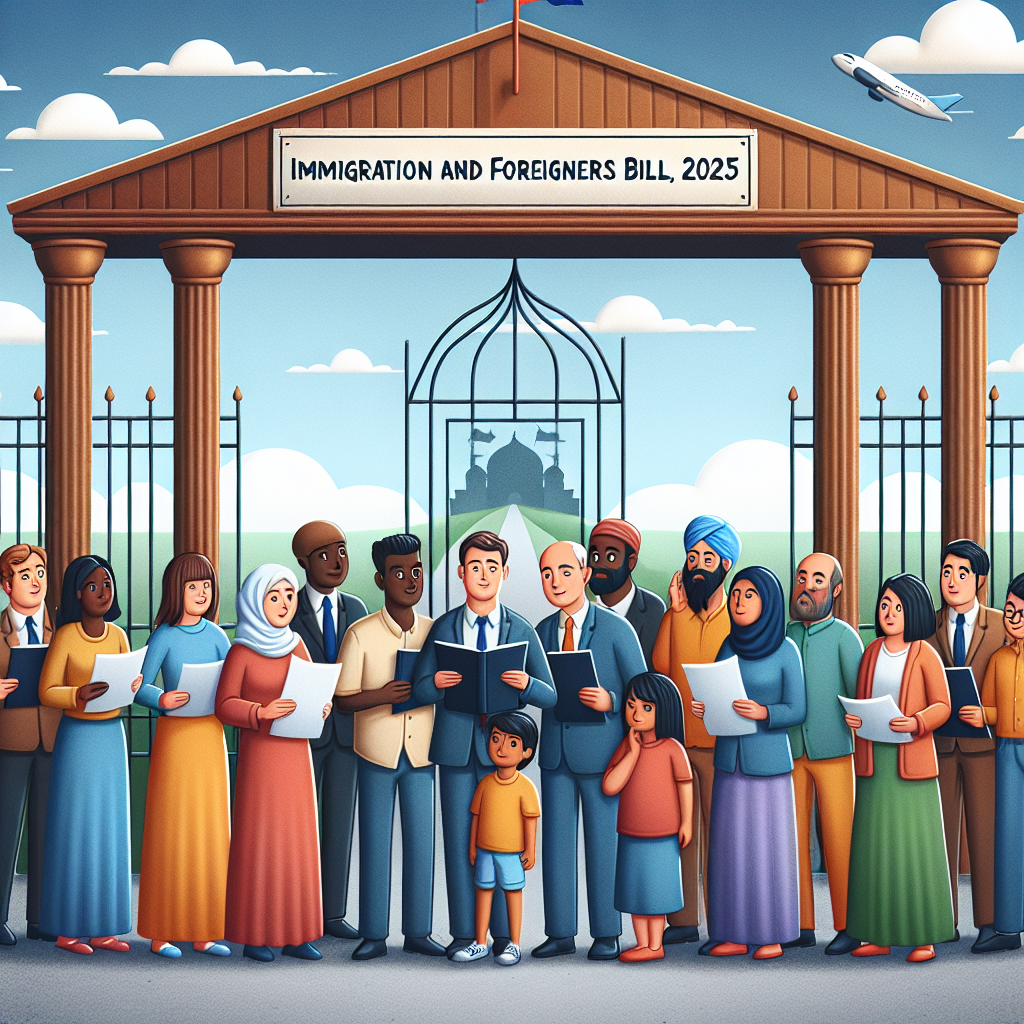Immigration Policy at the Heart of Germany's Coalition Talks
Germany's outgoing government, led by Interior Minister Nancy Faeser, claims success in managing immigration. Deportations have increased by 55%, while asylum claims have halved. Coalition talks between SPD and the conservative CDU focus on diverging immigration policies, with SPD advocating integration and CDU demanding stricter border controls.

Germany's Interior Minister, Nancy Faeser, announced that the outgoing government made significant strides in curbing irregular immigration, highlighting a 55% increase in deportations and a 50% reduction in asylum claims. Her remarks symbolize a center-left appeal as parties negotiate new coalition deals.
Friedrich Merz, the conservative CDU leader, aims to reclaim voters by promising stricter border control—a stance opposed by the SPD, which advocates for a more integrated immigration approach. Talks between the two have identified immigration as a critical dividing issue.
The CDU seeks increased deportation powers, while the SPD focuses on migrant integration and recruiting foreign skilled labor. The political tension is amplified by rising far-right support amid concerns of diluted immigration commitments in the next government.
(With inputs from agencies.)
- READ MORE ON:
- Germany
- immigration
- coalition
- SPD
- CDU
- Nancy Faeser
- Friedrich Merz
- asylum
- deportation
- skilled workers










